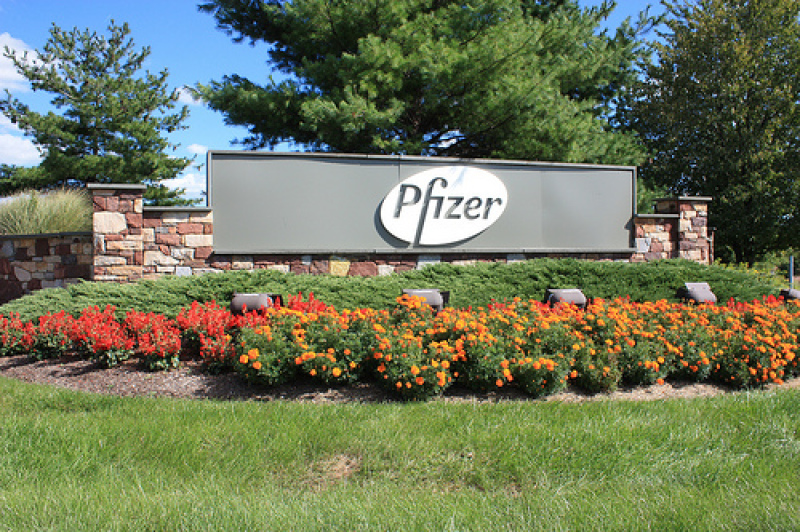
The Pfizer vaccine has been making headlines as of late although it has not been spared from questions. Despite the welcome news, some pro-lifers were against it, believing that the vaccine included fetal cells from aborted babies. It turns out the COVID-19 breakthrough had none of that nature and was made through genetic sequencing using computers.
With that cleared out, the Pfizer vaccine developed in conjunction with BioNTech has now been deemed "ethically uncontroversial" by The Charlotte Lozier Institute, an arm of the pro-life Susan B. Anthony List. This means that there will be potentially more people willing to try the treatment once the vaccine is made available.
"That news may materially increase the number of people willing to be inoculated when the vaccine becomes generally available, perhaps avoiding a potentially explosive controversy over mandates that has been brewing in recent months," Wesley J. Smith, a senior fellow at the Discovery Institute's Center on Human Exceptionalism, wrote via the National Review.
This clears the air on concerns about the Pfizer vaccine. Just recently, Pfizer and BioNTech revealed that the said vaccine was found to be more than 90 percent effective in preventing COVID-19 in participants. It was the highest figure seen thus far, compared to other means experts said would be necessary to address the coronavirus.
The Pfizer vaccine also joins a list of vaccine candidates that have been listed as "ethically uncontroversial" by the Charlotte Lozier Institute. So far, there have been five vaccines listed as unethical.
Some pro-lifers were planning to resist any COVID-19 vaccine if it was found to include fetal cells from aborted fetuses. So far, no serious safety concerns have been found. The study included 43,538 participants. If all goes accordingly, the vaccine could be available by the end of the year. Pfizer plans to officially submit the vaccine to the U.S. Food and Drugs (FDA) sometime this month.
"Based on current projections we expect to produce globally up to 50 million vaccine doses in 2020 and up to 1.3 billion doses in 2021," a news release on the vaccine stated.
The high-efficiency rate is welcome news to everyone. Previously, regulators said they would approve a vaccine if it had a 50 percent effectiveness rate, meant to protect at least half of those who would take the vaccine.
"Today is a great day for science and humanity. The first set of results from our phase 3 Covid-19 vaccine trial provides the initial evidence of our vaccine's ability to prevent Covid-19," Dr. Albert Bourla, the Pfizer chairman and chief executive said.
Though it is a good development to finally address the growing number of cases and deaths associated with the coronavirus, some scientists remain cautious. A reason behind this is that full data was not yet available and the trial ongoing.
Despite that, most feel that there is something to look forward to. Dr. Simon Clarke, an associate professor of cellular microbiology at the University of Reading, believes that a major pharmaceutical company would not come out with important news if they were not ready to back it up.




















